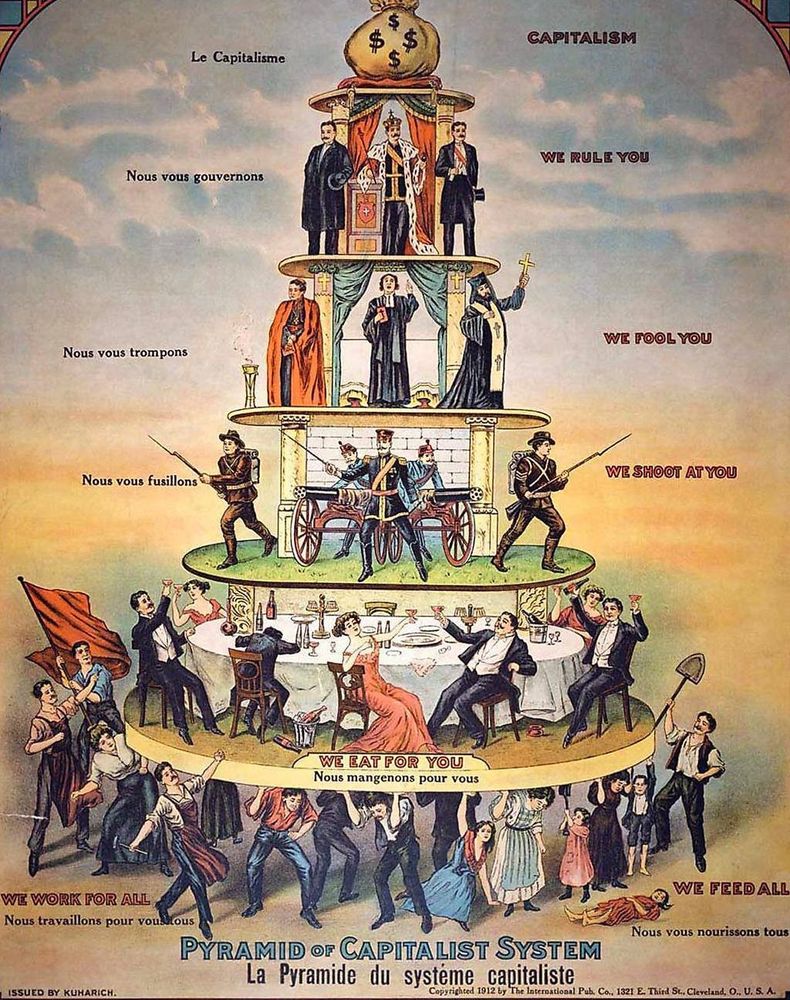Opinion: This Is Who’s Really Driving the Decline in Interest in Liberal Arts Education by [[Jennifer Frey]] 2025-07-17 in New York Times
Frey argues that it's college administrators who are killing off the idea of a liberal arts education. In her experience, students are thrilled to be in these programs and participate in them.
Me: Some of the pressure, also indicated here, is from toxic capitalism which is pressuring students to be only career-focused in their educational journeys. This pressure leaves much less space for the humanities.
Read: Fri 2025-07-18 7:13 PM Updated: 2025-07-19
